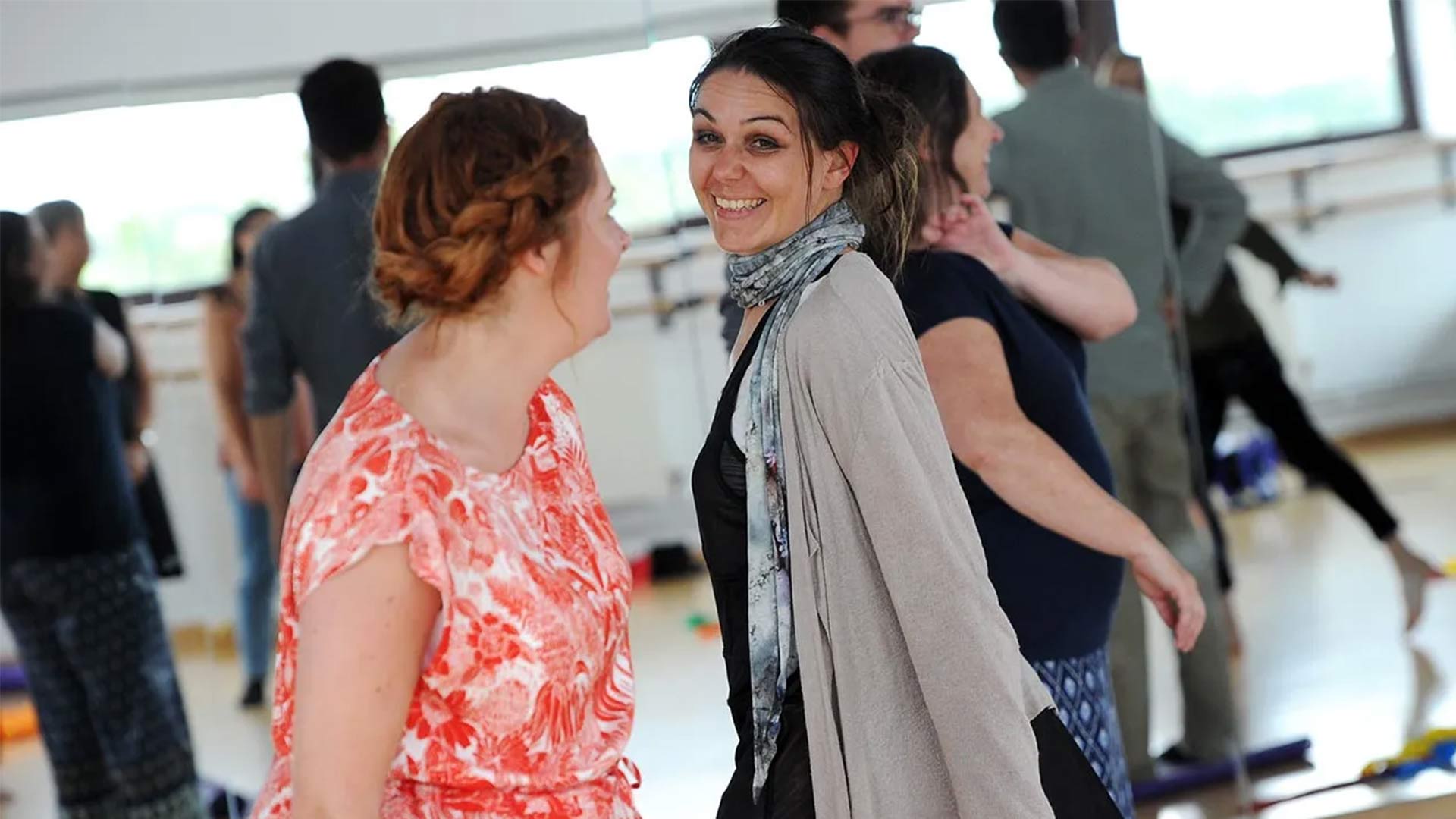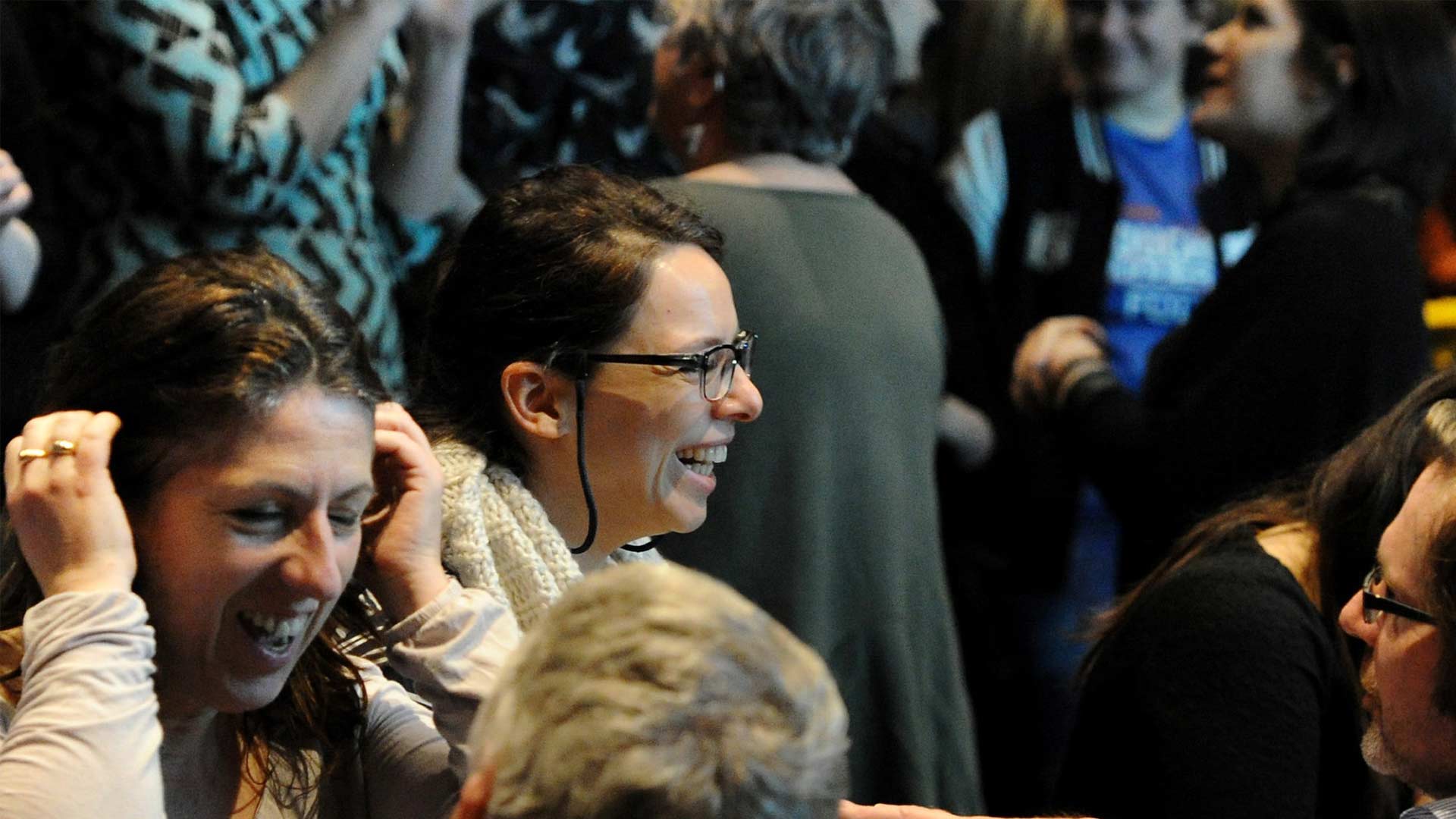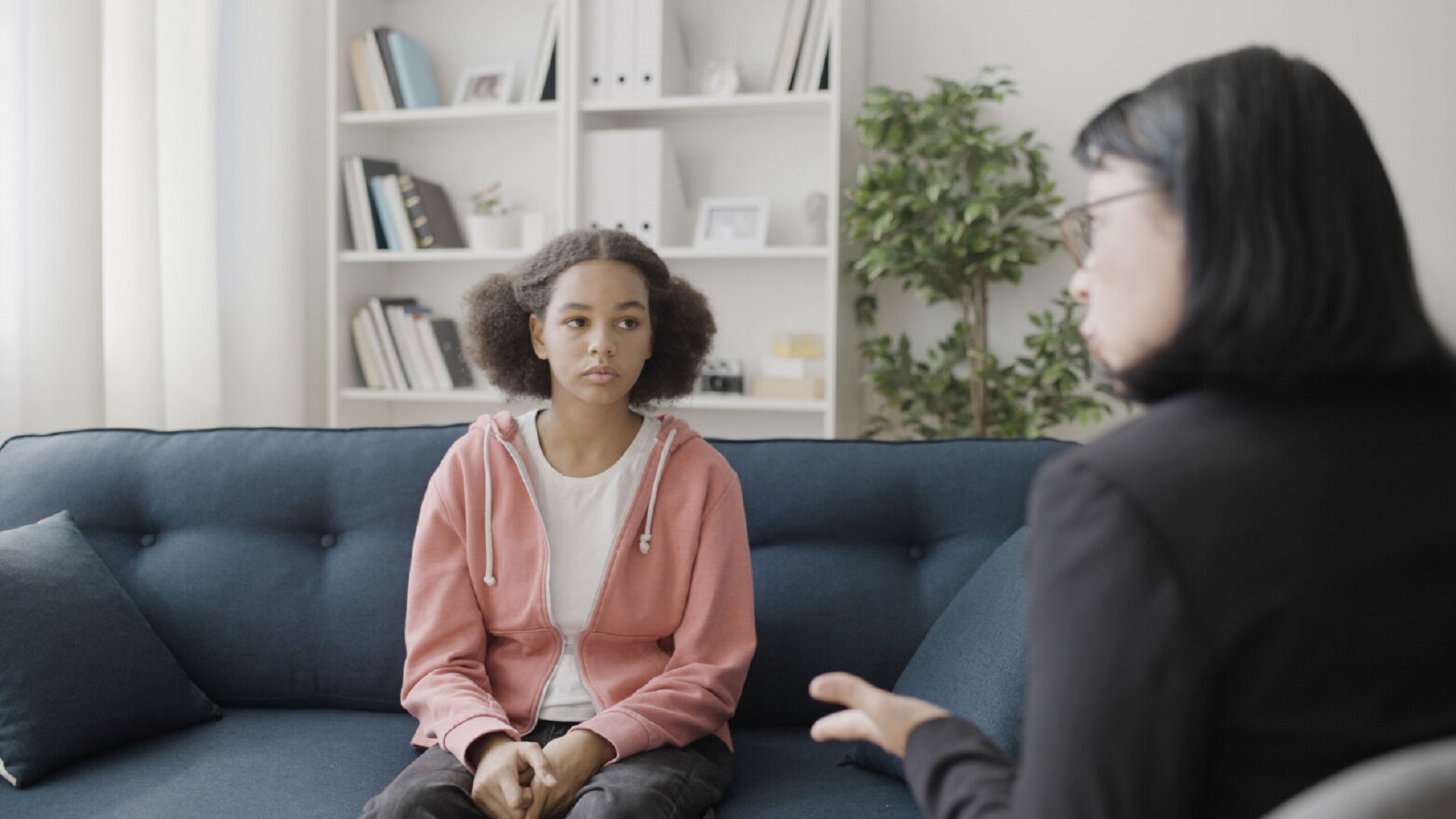Research Centre for Arts and Wellbeing
The centre has developed over the last decade from an active research group that have engaged in interdisciplinary research activities in the form of research projects, publications, events and masterclasses.
Research methodologies celebrate creative and arts-based methods next to verbal accounts of lived experiences and standardised methods of measuring change, allowing for diverse types of evidence to emerge that speak about different aspects of the work to different audiences. The centre draws expertise from across faculties, championing interdisciplinary research. The three main strands are as follows:
Our research
Events
Who we are
The Centre has an advisory, steering, and operational group whose members include academic staff with a wealth of experience and research activity spanning across departments and facilities. This includes Performing Arts and The Arts Centre, English, History and Creative Writing, Media, Education, Applied Health, Social Care and Medicine, Psychology and Social Sciences. External members from key organisations will also be invited to the advisory group as the Centre grows.
Our manifesto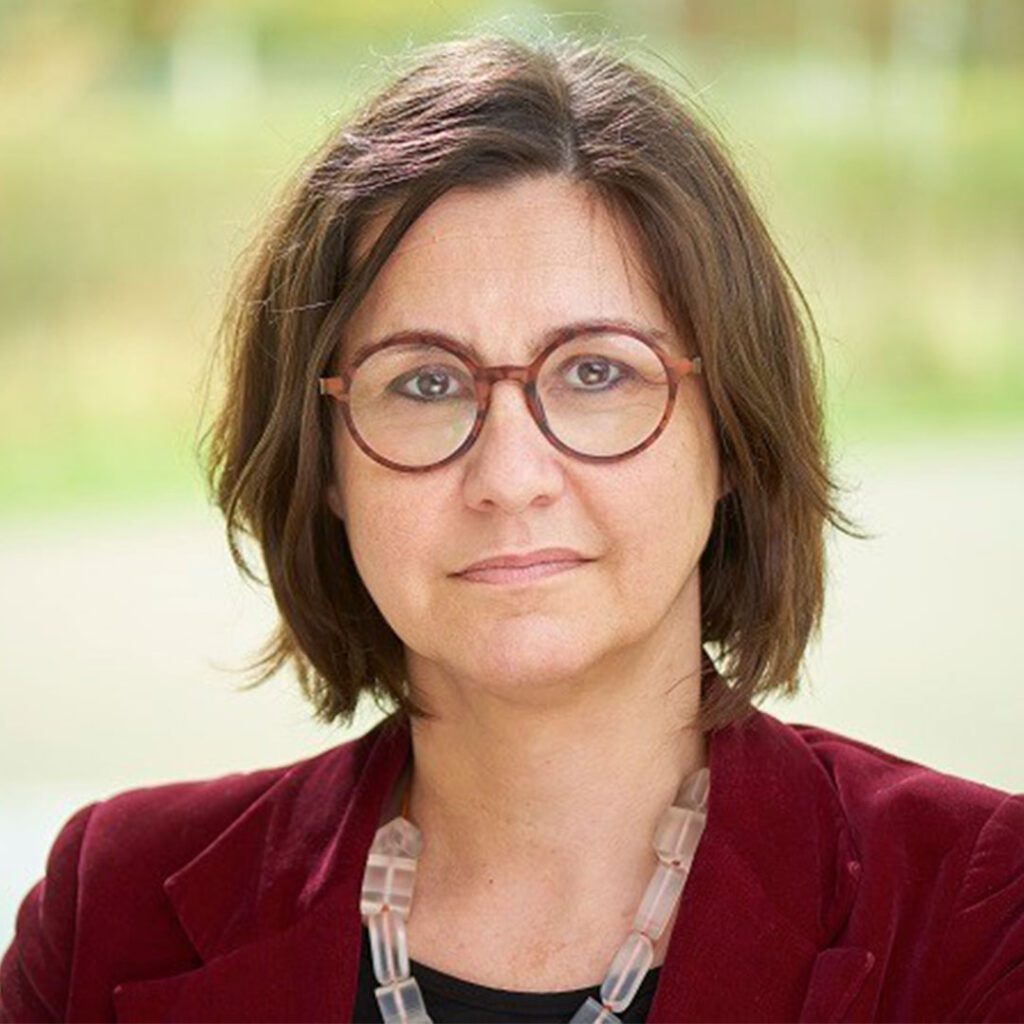
Director- Professor Vicky Karkou
Vicky is the Director of the Research Centre for Arts and Wellbeing. She joined Edge Hill University in 2013 and currently holds a split post between the School of Applied Health and Social Care and the Department of Performing Arts, spending her time teaching and researching equally between these two subject areas.
After gaining her MEd and PhD, Karkou’s doctoral work was published in her first co-authored book Arts Therapies: A Research-Based Map of the Field. Her success in external funding allowed her to research topics relating to the use of the arts and arts therapies and to generate material for her second edited book Arts Therapies in Schools.
Vicky’s research work remains diverse ranging from artistic inquiry to systematic reviews and meta-analyses. For example, with a team of two colleague from Leeds University, she has completed two Cochrane Reviews on the effectiveness of Dance Movement Therapy for Depression and Dementia. Vicky was awarded the title of Honorary Doctor of Medicine from Riga Stradins University in Latvia for her services in supporting the development of arts psychotherapies in this country.
Read more about Vicky Karkou’s work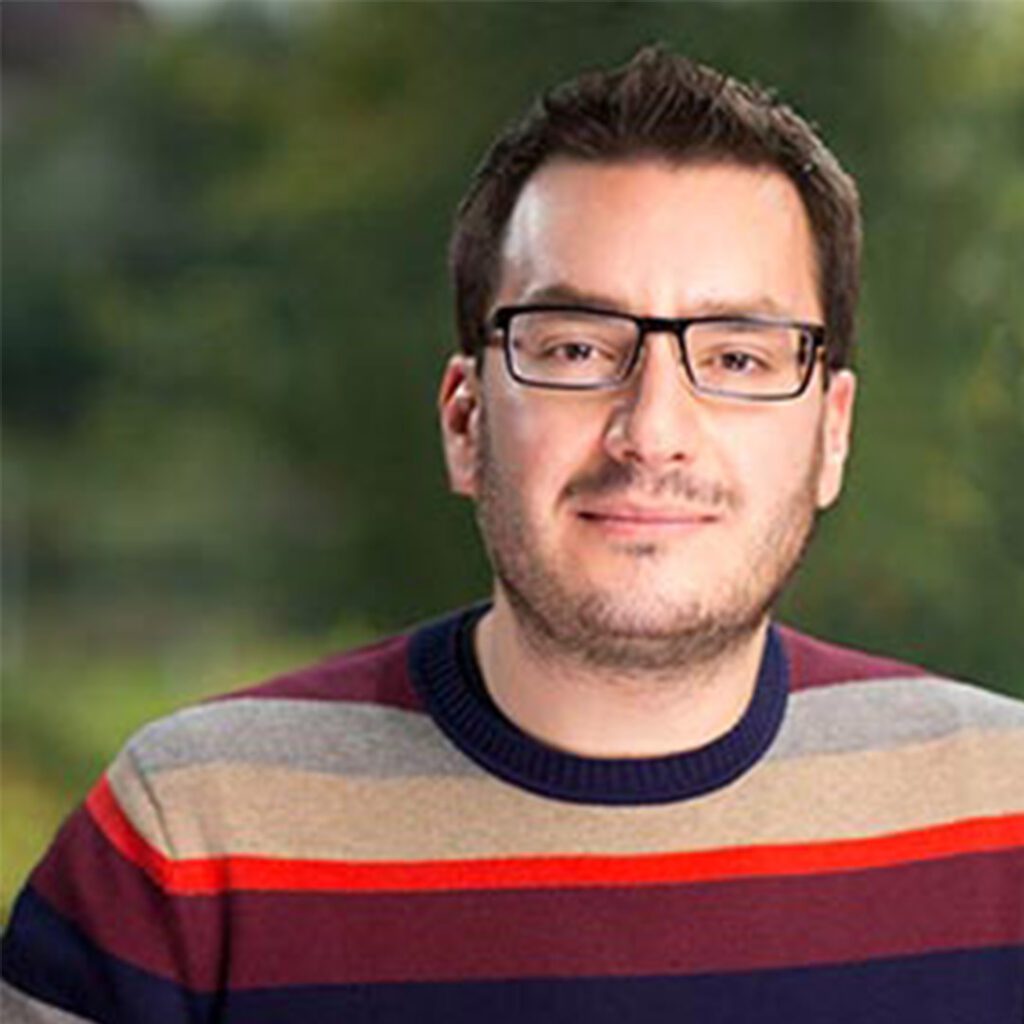
Deputy Director- Dr Stergios Makris
Dr Stergios Makris is a Senior Lecturer in Psychology. He is a BPS chartered psychologist with particular research interests in biological psychology and neuroscience. As part of his research, Makris has worked with professional athletes to look at the brain mechanisms involved in human perception to investigate their superior perceptual and action skills. Makris is an expert at the use of non-invasive brain stimulation techniques, such as transcranial magnetic stimulation (TMS) and direct current stimulation (tDCS).
Most of his work is now published in internationally recognised peer-reviewed scientific journals and he has presented in more than 30 national and international conferences.
Read more about Stergios Makris’ work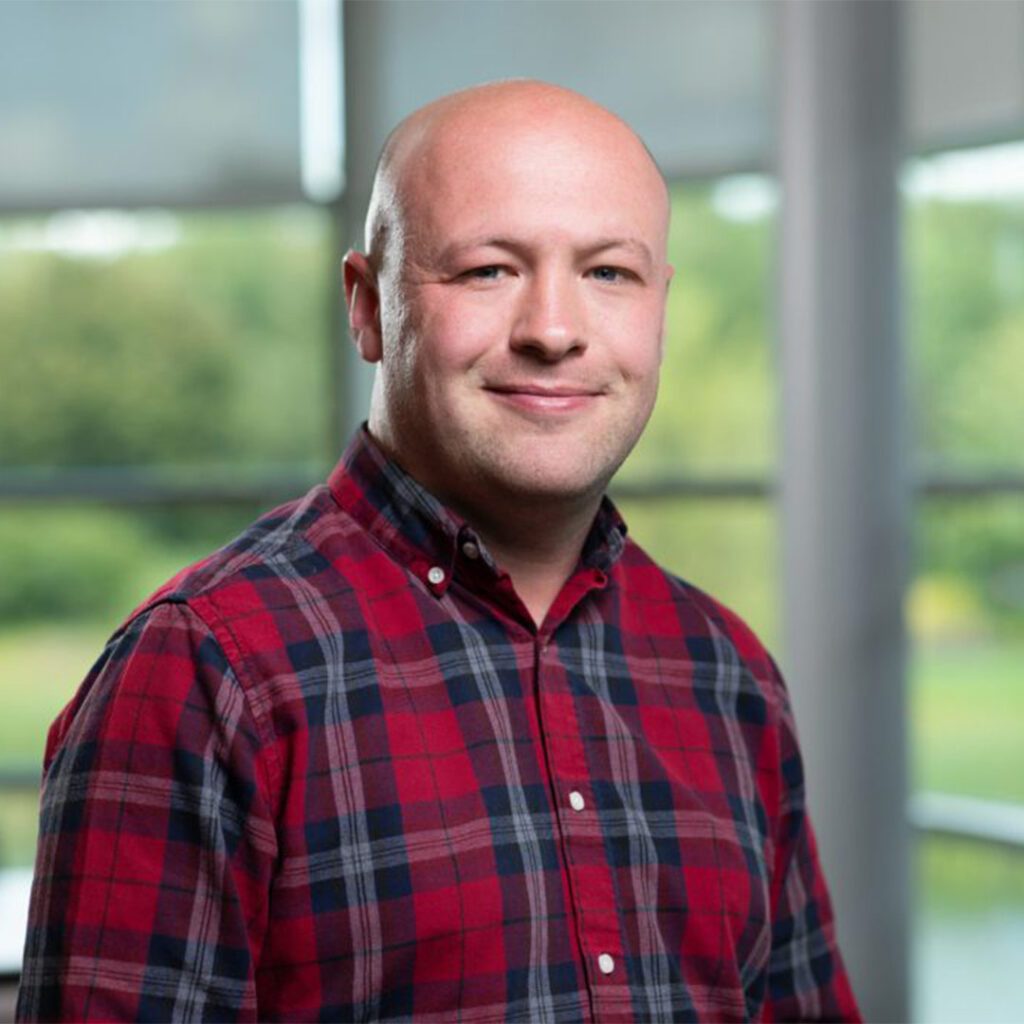
Deputy Director- Dr Michael Richards
Dr Michael Richards is a Senior Lecturer in Applied Health and Social care. Richards is a community and chartered psychologist, with particular research interests in working collaboratively with marginalised groups using different methods, including art, poetry, film, photography, film, and drama.
His academic experiences are coupled with his extensive experiences of working in the community, and with professional organisations including social services, housing associations, youth projects, charities, schools, and colleges. He has worked with the most marginalised people in society, research that aided his PhD, one that aimed to provide a rich and contextual account from the perspective of men labelled with learning difficulties on their understanding of health promotion.
Read more about Michael Richards’ work